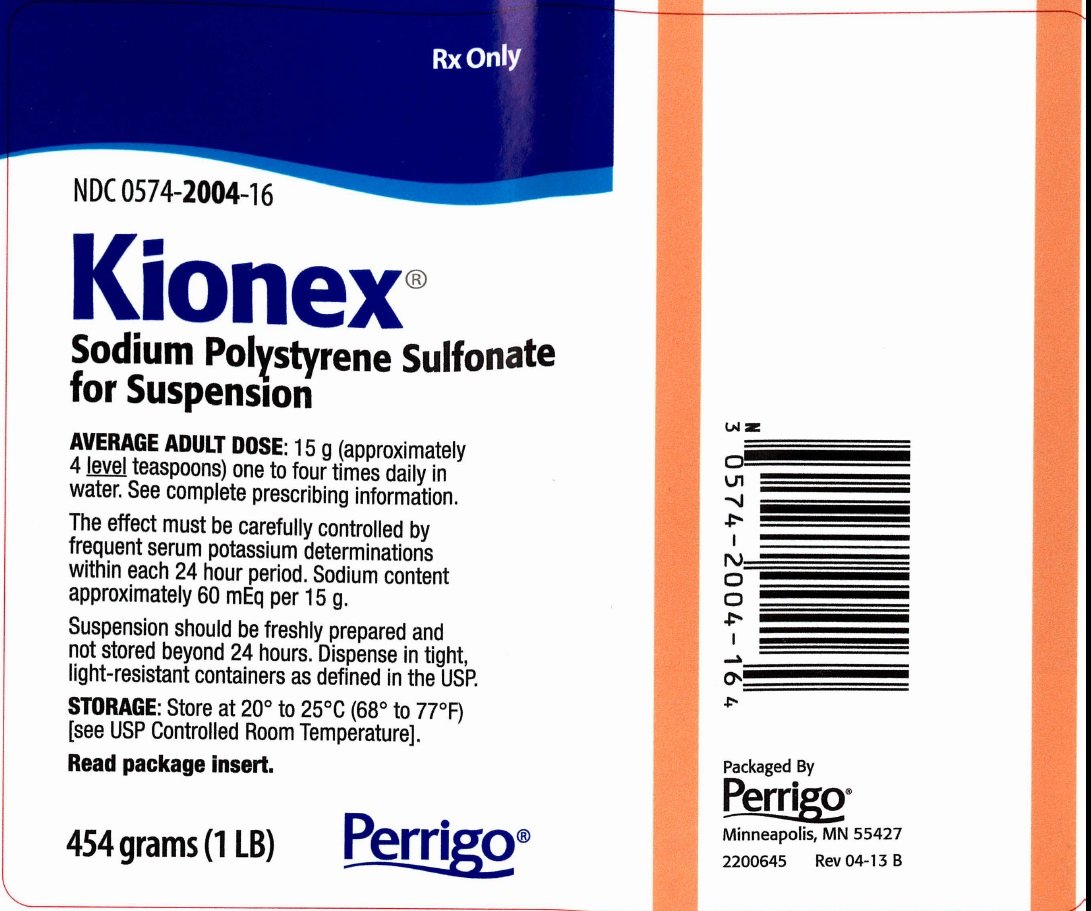A recent study conducted by researchers from Maastricht University in the Netherlands, using data from the U.K. Biobank study, has identified four new risk factors for young-onset dementia. The study found that orthostatic hypotension, vitamin D deficiency, high C-reactive protein (CRP) levels, and social isolation emerged as potential risk factors for dementia before the age of 65.
During the 8-year follow-up period, the incidence rate of young-onset dementia was found to be 16.8 per 100,000 person-years. The incidence increased in 5-year age bands from 40 to 64, with higher rates observed in men compared to women. Young-onset dementia often affects individuals in their 40s and 50s, impacting their work, family, and daily life.
The study also highlighted that while genetic factors are commonly assumed to be the cause of young-onset dementia, the exact causes remain unknown for many individuals. However, the research demonstrated that there are several modifiable risk factors associated with young-onset dementia, similar to those found in late-onset dementia.
The study analyzed data from 356,052 participants under the age of 65 who did not have a dementia diagnosis at baseline. Over the follow-up period, 485 new cases of young-onset dementia were identified. The researchers considered various potential risk factors and found that higher formal education, lower physical frailty, and alcohol use were associated with lower risk, while orthostatic hypotension, vitamin D deficiency, and high CRP levels were associated with increased risk.
It is important to note that some of the findings may be influenced by reverse causality, as dementia pathology can begin years before clinical symptoms appear. Additionally, the study’s results may not be applicable to other populations, as the U.K. Biobank cohort primarily consists of healthy and white individuals.
The researchers suggest that with further validation, these new risk factors could be incorporated into prevention strategies for young-onset dementia. Understanding and addressing these modifiable risk factors may help in preventing or delaying the onset of dementia in individuals under the age of 65.
This research was supported by Alzheimer Netherlands, and the study authors disclosed various relationships with organizations such as Alzheimer’s Research U.K. and the National Institute on Aging.
Source: JAMA Neurology, DOI: 10.1001/jamaneurol.2023.4929











